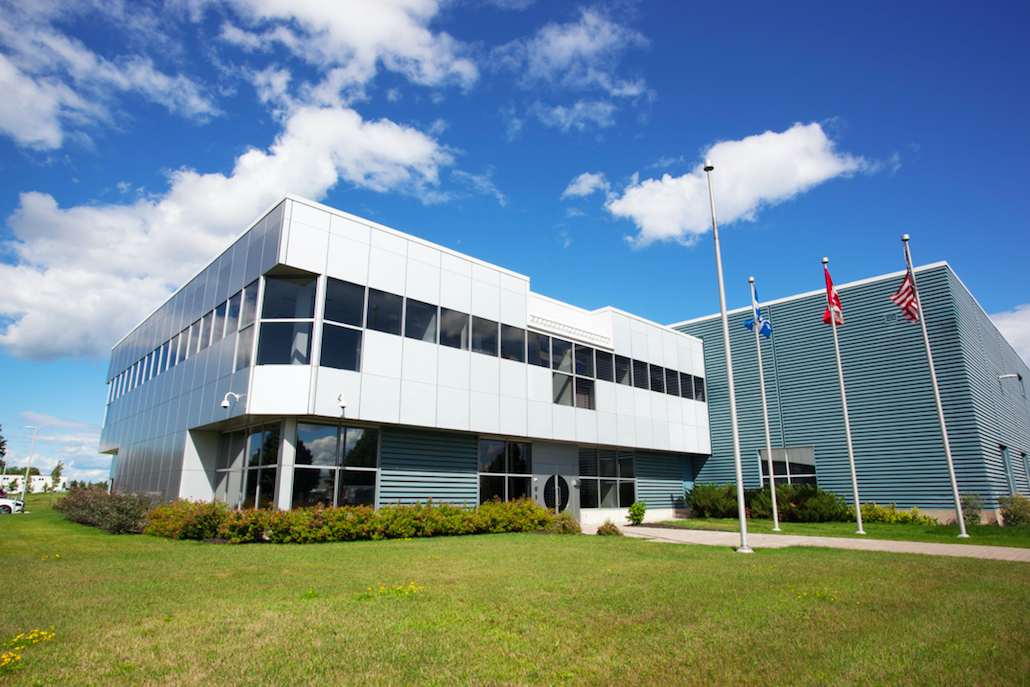Rik Williams, data centre operations manager at Node4, gives DCR nine reasons why SMEs should make the move to colocation.
Colocation is a versatile and cost-effective approach to the delivery and management of IT infrastructure. In its simplest terms, it’s where businesses host their servers in a third-party data centre and share the provider’s bandwidth as their own. In particular, moving on-premises technology into a data centre means that the time and cost of maintaining the environment moves to the ‘colo’ provider.
SMEs are adopting this strategy both to become more agile and because colo allows them to run their IT at a fixed monthly cost and react more quickly to growth or change. But, more specifically, what are the wider opportunities and benefits SMEs can gain from choosing colo?
Financial – One of the great strengths of colocation is that costs are predictable. Aside from the initial set-up costs, which typically come out of capital expenditure, users then just have a fixed monthly bill to put against their opex budget. In the longer term, colo users also find that they see cost savings simply because they aren’t paying to host infrastructure on their own premises – the business benefit here is that those savings can be put towards other technology initiatives.
Security – Many SMEs need to demonstrate IT security and compliance to auditors and customers alike. This requires time, money and expertise. The investment colo providers put into their facilities also extends to ensuring their customers’ IT equipment is hosted in a secure environment.
For example, a colo provider will typically have their data centres protected by on-site security personnel 24×7, and it’s commonplace to benefit from features such as full perimeter fencing, multilayer access control, CCTV and compliance with standards such as ISO27001 and PCI DSS.
Resilience – For many SMEs, IT plays an increasingly pivotal role in providing a reliable service to customers. We’ve all seen headlines about the consequences of serious IT downtime, but for businesses running their own infrastructure, keeping systems online 24/7/365 brings with it a range of challenges.
One scenario any SME could face would be unseasonably hot weather. In this situation, it’s not uncommon for high ambient temperatures to overload cooling systems, which then causes the comms room or data hall to overheat, leading to servers and systems crashing, resulting in downtime and even data loss.
In contrast, colo providers have typically spent millions on purpose-built, redundant and resilient data centres. In the same scenario, they can fall back on state-of-the-art cooling technology, as well as UPS and backup generators, which keeps IT running in all conditions, from hot summers to unexpected power cuts.
Finally, separating your IT infrastructure from your office space and staff makes dealing with business continuity and disaster recovery incidents far more straightforward.
Environment – It’s likely that SMEs who run their tech infrastructure on premises will be consuming a lot of energy.
It can represent a significant piece of expenditure and it can be challenging for SMEs to optimise their efforts to reduce their energy consumption and carbon footprint while still keeping the business running smoothly.
Colo providers, however, generally use larger systems for power distribution and cooling, which are often more efficient. In addition, working with a colocation provider who can really demonstrate their environmental credentials offers a strong message that can be shared with the outside world.
Flexibility – As SMEs grow and expand into new markets, they may need to move premises – and anyone with experience of moving all their IT will know what a challenge it can be. Not only do they have to worry about the costs and technicalities of moving and setting it up in the new location, but downtime and interruptions to customer service also have to be managed.
The contrast for those using a colo strategy couldn’t be greater. When moving premises, their main IT task is often to ensure connectivity is setup at their new premises, and in many cases, relocation can be completely seamless.
Scale – Business growth usually goes hand-in-hand with data growth and a requirement for more power and storage often follows. For businesses running IT on premises, planning for growth is essential, as it’s difficult to react quickly and get the resources together to support unexpected business growth. One of the major selling points of colocation is its ability to scale services – both up and down. Good colo providers will be able to increase rack space, power or bandwidth to meet temporary or permanent business needs on the back of a phone call.
Space – Many businesses are surprised by how much office space they get back when they move infrastructure to a colo provider. SMEs everywhere will be familiar with times when a little more office space is invaluable, and this can be a useful by-product of getting technology infrastructure off premises.
Time – From the perspective of an SME IT team, colocation can remove the need from them to take care of regular and repetitive management and maintenance tasks. Delegating them to a colo provider frees up IT staff to focus on other activities geared towards moving the business forward. Some colo providers offer a ‘Remote Hands & Eyes Service’, where on-site engineers help with day-to-day installation, maintenance and troubleshooting tasks.


